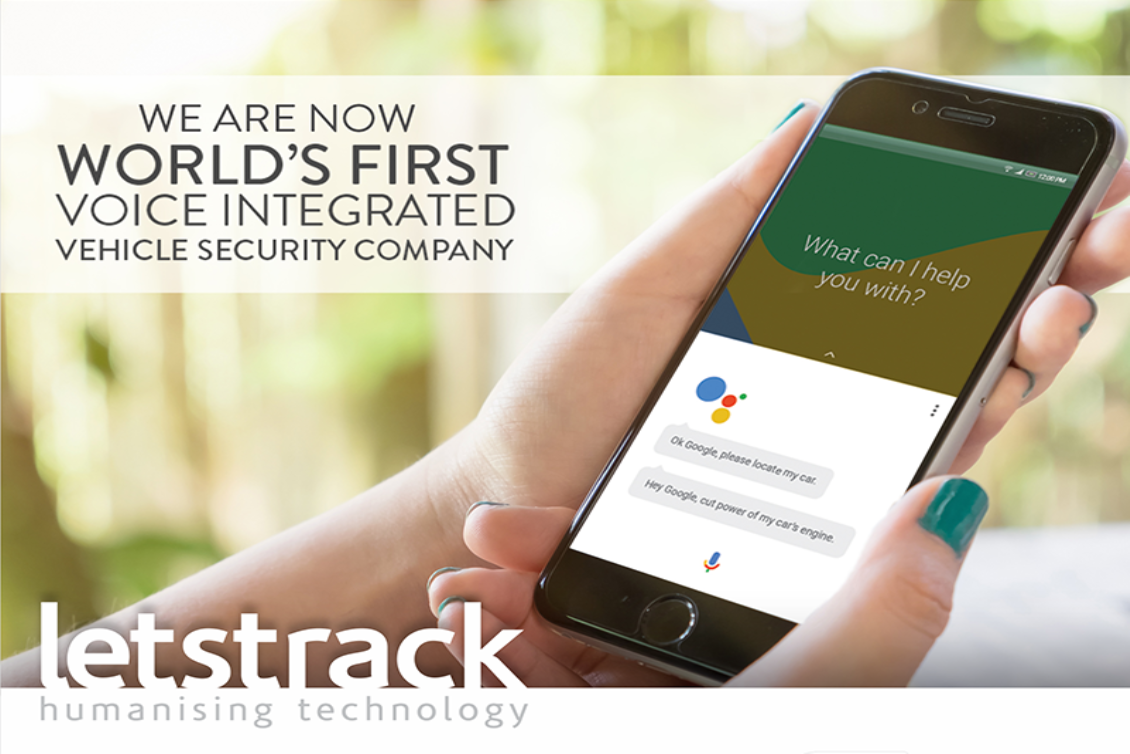In today’s fast-paced world, staying connected and informed is crucial. This is especially true when it comes to managing assets, whether they’re valuable possessions, loved ones, or company vehicles. GPS trackers have revolutionized asset tracking, offering unparalleled location awareness. But what if we could take this convenience a step further? Integrating GPS trackers with voice assistants opens a whole new level of accessibility and ease of use, transforming how we interact with tracking data.
Why Integrate GPS Trackers with Voice Assistants?

The integration of GPS trackers and voice assistants offers a compelling synergy, enhancing the user experience significantly. Imagine this: you’re on a road trip and need to quickly check on the location of your family’s vehicle. Instead of fumbling with your phone, you simply ask your voice assistant, “Where’s the minivan?” The answer, complete with location data and potentially even a map overlay on your smart device, is delivered instantly. This simple scenario showcases the power of this integration.
The benefits extend beyond convenience. For fleet management companies, integrating GPS trackers with voice assistants allows for hands-free dispatching and real-time updates on vehicle locations. For individuals, it offers peace of mind, particularly when tracking loved ones or valuable items. The potential applications are virtually limitless, making this integration a game-changer across various industries and personal use cases.
Choosing the Right GPS Tracker and Voice Assistant

The success of this integration hinges on choosing compatible devices. Not all GPS trackers or voice assistants are created equal. Consider these key factors when making your selection:
GPS Tracker Compatibility:
- API Access: Ensure the GPS tracker you choose offers an Application Programming Interface (API). This API allows the voice assistant to communicate with the tracker and retrieve location data.
- Data Format: Check if the tracker’s data output is compatible with your chosen voice assistant platform. Common formats include JSON and XML.
- Accuracy and Reliability: The accuracy of the GPS tracker directly impacts the usefulness of the voice assistant integration. Opt for trackers with proven accuracy and reliability.
- Real-time Updates: Real-time location updates are essential for effective tracking and voice-activated queries.
- Battery Life: Consider the battery life of the GPS tracker, especially if it’s being used for long-term monitoring.
Voice Assistant Platform:

- Skill/Action Support: Verify that your chosen voice assistant (e.g., Amazon Alexa, Google Assistant) supports skills or actions that allow for integration with third-party GPS tracking platforms.
- Device Compatibility: Ensure the voice assistant is compatible with your smart home devices and smartphones.
- Data Privacy: Prioritize voice assistants that adhere to stringent data privacy policies.
Setting Up the Integration: A Step-by-Step Guide

The specific setup process will vary depending on the GPS tracker and voice assistant you select. However, the general steps are usually similar:
- Create an account: Sign up for accounts with both the GPS tracker provider and the voice assistant platform.
- Connect the tracker: Follow the manufacturer’s instructions to connect your GPS tracker to the internet and your account.
- Enable the skill/action: Locate and enable the relevant skill or action for your GPS tracker within your voice assistant’s app or settings.
- Link accounts: Authorize the connection between your GPS tracker account and your voice assistant account. This often involves granting the necessary permissions.
- Test the integration: Once linked, test the integration by asking your voice assistant for location information.
Security and Privacy Considerations
When integrating GPS trackers with voice assistants, security and privacy are paramount. It’s crucial to choose platforms with robust security measures to protect sensitive location data. Ensure the GPS tracker and voice assistant you select have strong encryption and access controls. Regularly review privacy settings and update software to benefit from the latest security patches.
Advanced Features and Future Trends
The integration of GPS trackers and voice assistants is constantly evolving. We’re likely to see more sophisticated features in the future, such as:
- Geofencing alerts: Receive voice notifications when tracked assets enter or exit predefined zones.
- Improved accuracy: More accurate location data, potentially leveraging technologies like cellular triangulation.
- Enhanced voice commands: More natural and intuitive voice commands for querying location data and managing tracking settings.
- Integration with other smart home devices: Seamless integration with other smart home devices to create a comprehensive smart home ecosystem.
Conclusion: Embracing the Future of Asset Tracking
The integration of GPS trackers with voice assistants represents a significant advancement in asset tracking technology. By seamlessly combining the power of location tracking with the convenience of voice control, this integration streamlines workflows, enhances efficiency, and provides greater peace of mind. As this technology continues to evolve, expect even more innovative applications and features to emerge, further shaping the future of how we track and manage our assets.


